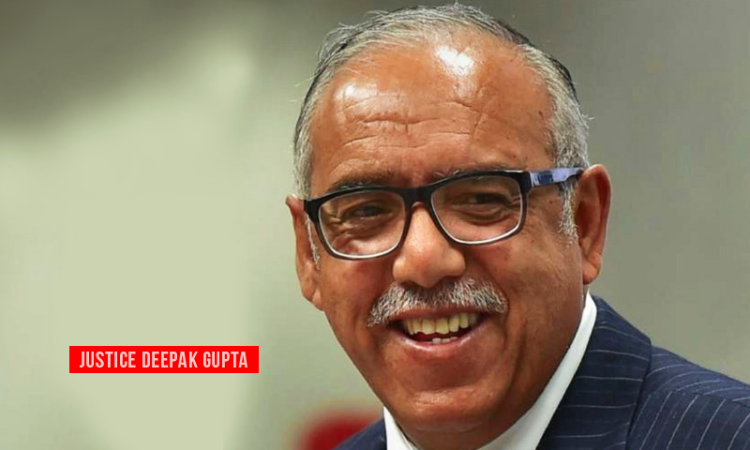'Toolkit' Has Nothing On Violence Or Incitement; Not Seditious : Justice Deepak Gupta, Former SC Judge, On Disha Ravi's Arrest
Radhika Roy
16 Feb 2021 9:11 AM IST

Next Story
16 Feb 2021 9:11 AM IST
Commenting about the 'toolkit' which led to the arrest of 21-year old climate activist Disha Ravi, former Supreme Court judge Justice Deepak Gupta said that he could not see anything "seditious" about the document."Every citizen of this country has a right to oppose the government so long as the opposition is peaceful", said Justice Deepak Gupta during a panel discussion on...
